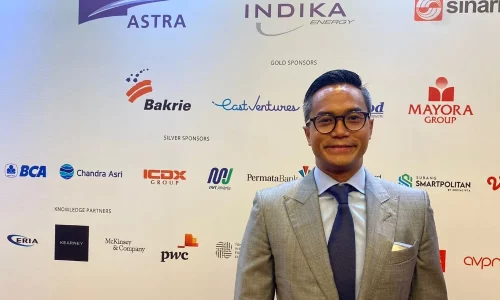Minister of Finance, Sri Mulyani Indrawati, has signaled on the implementation of the global minimum tax in 2025 in line with an international agreement signed by more than 140 countries on December 31, 2024.
The global minimum tax, based on the Regulation of the Minister of Finance No. 136/2024, will be applied to corporate taxpayers, in particular multinational companies with a global consolidated turnover of at least 750 million euros (US$771 million). The minimum tax rate will be 15 percent starting from the 2025 tax year.
If the company’s effective tax rate is less than 15 percent, the taxpayer must pay additional tax (top-up) no later than the end of the following tax year. For example, for the 2025 tax year, the additional tax must be paid no later than December 31, 2026.
In addition, taxpayers affected by this provision must report no later than 15 months after the end of the tax year. For the first year of reporting, there is a time limit, where the first report can be submitted no later than 18 months after the end of the tax year.
Healthier tax system
Febrio Kacaribu, Head of the Fiscal Policy Agency (BKF) of the Ministry of Finance, said that this global minimum tax is the result of cooperation between countries in the world, including Indonesia, which has been going on for the past five years.
“The global minimum tax is a manifestation of the world’s countries’ efforts to minimize unhealthy tax rate competition,” Febrio said on Thursday, January 16, 2025.
This implementation is part of the Pillar Two agreement initiated by the G20 and coordinated by the Organization for Economic Cooperation and Development (OECD). This provision has been implemented by more than 40 countries, with the majority of countries starting to implement it in 2025. In addition, this policy also does not impact individual taxpayers and MSMEs. This policy aims to prevent tax avoidance through tax havens and ensure a fairer global tax system.
“The implementation of a global minimum tax confirms the government’s commitment to creating a healthier and more competitive investment climate,” Febrio said.
He added that the government will pay attention to the investment climate in Indonesia and maintain the competitiveness of sectors that support future economic growth by providing targeted incentives.
“We are optimistic that the implementation of this global minimum tax will increase fairness in the tax system while strengthening the competitiveness of national investment,” he said.
With synergy with other countries, Febrio is confident that this policy will be an important milestone in reforming the global tax system to be more inclusive and support sustainable economic growth.









